The question on many EV drivers’ minds is: Where can I charge my electric car for free? With the rising popularity of electric vehicles, charging costs have become a significant factor in ownership. Fortunately, free charging options exist in many regions, offering convenience, affordability, and support for sustainable transportation.
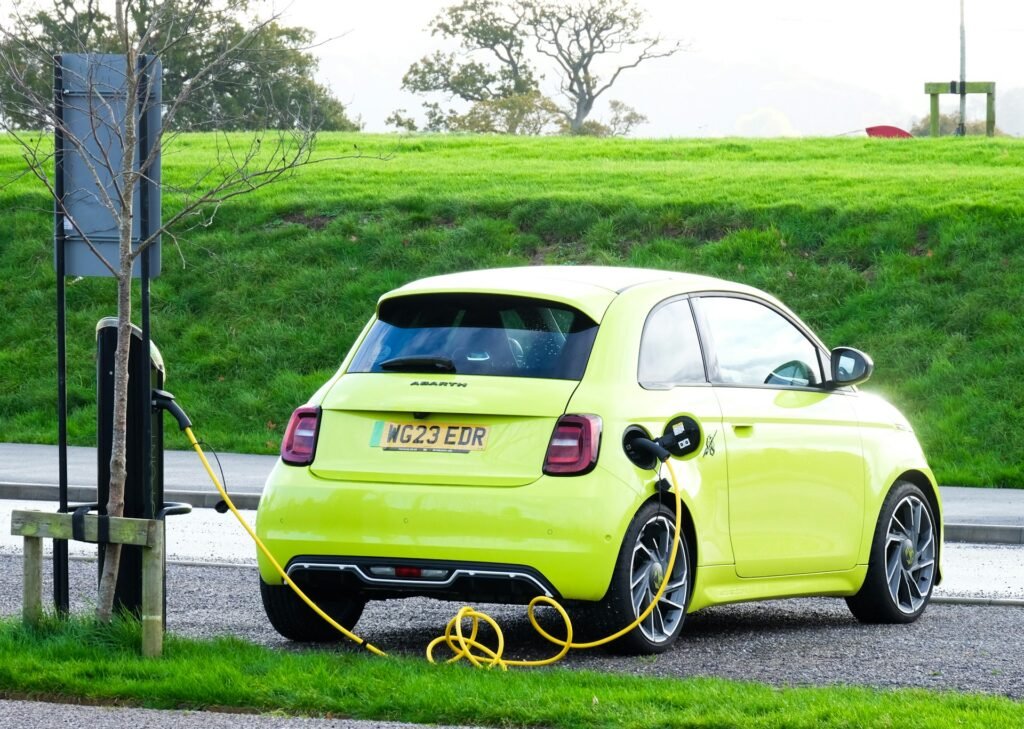
In this article, we’ll explore the main ways to access free EV charging, discuss benefits and challenges, and highlight real-world examples and future trends shaping the electric car ecosystem.
Understanding Free Electric Car Charging
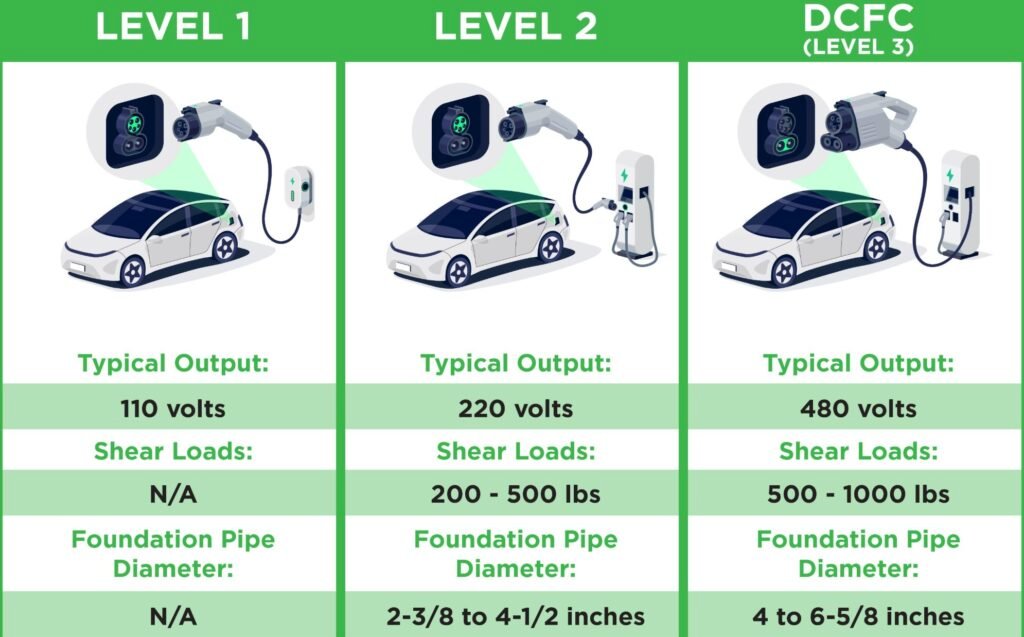
Electric car charging usually comes in three levels: Level 1 (slow home charging), Level 2 (public and home charging), and DC fast charging. While most charging requires payment, free charging is offered by specific businesses, municipalities, and organizations.
Free charging is often used as an incentive to attract customers, promote eco-friendly practices, or support the transition away from fossil fuels. For example, many supermarkets, hotels, and workplaces provide complimentary charging stations.
Benefits of Electric Car for Free EV Charging
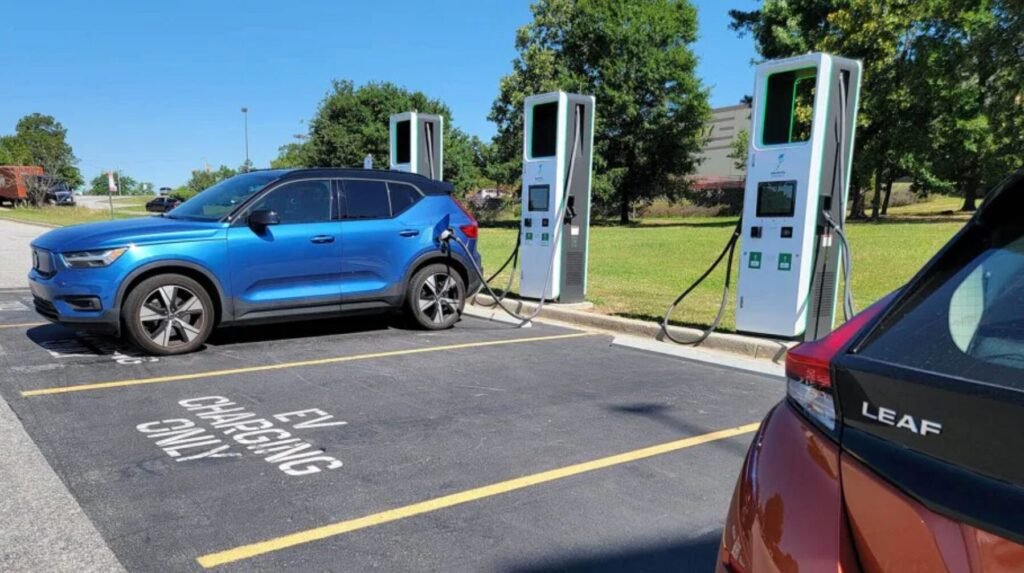
1. Cost Savings
The most obvious advantage of free charging is lower running costs. Over time, savings can add up significantly, especially for frequent drivers.
2. Convenience
Free chargers are often strategically placed at shopping centers, gyms, universities, and office parks. This allows EV drivers to charge while carrying out daily tasks.
3. Environmental Impact
Encouraging free charging promotes sustainable driving and reduces dependence on fossil fuels. It also increases public awareness about green mobility.
4. Support for EV Adoption
Free charging stations make EV ownership more appealing to new buyers who may be hesitant about charging costs.
Challenges of Free EV Charging
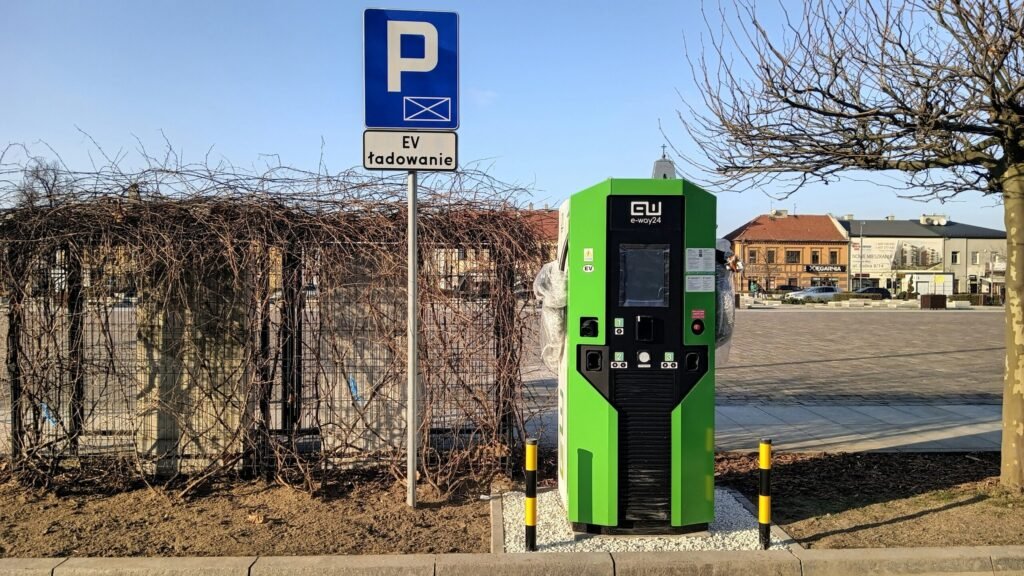
Limited Availability
Not all areas provide free charging, and stations can be concentrated in urban centers while rural regions remain underserved.
Time Restrictions
Many businesses restrict free charging to specific hours or limit the charging station to encourage turnover.
Crowding and Competition
Since free charging is highly attractive, stations are often busy. Drivers may face waiting times or even competition for available spots.
Slower Charging Speeds
Most free stations are Level 2 chargers, which may take several hours to fully charge a battery, compared to paid fast chargers.
Real-World Examples of Free Charging
Retail Stores and Supermarkets
Large retailers like IKEA and Walmart in some regions provide free EV charging as part of their customer services.
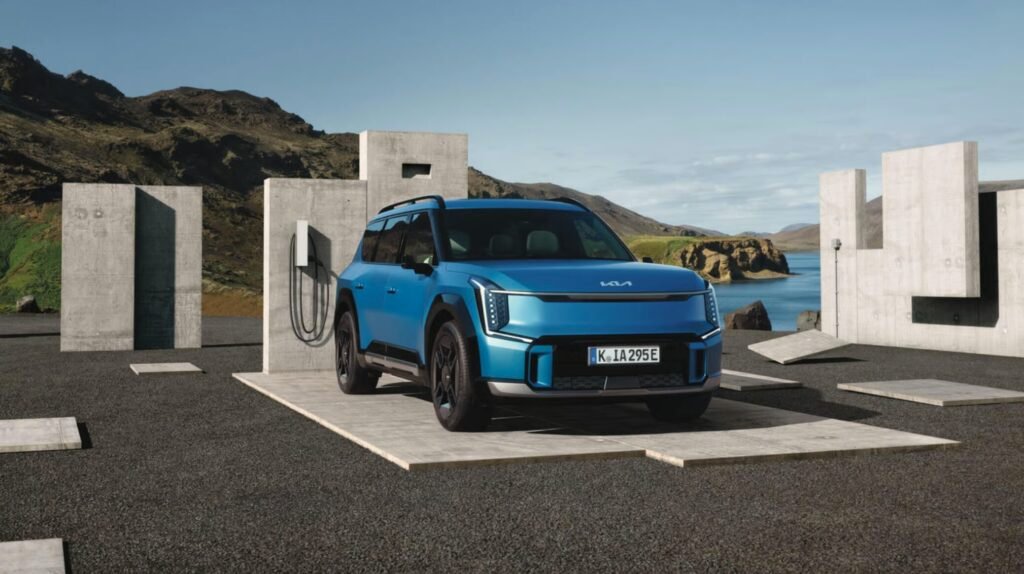
Hotels and Resorts
Many hotels offer free charging for guests, making road trips more convenient for EV drivers.
Universities and Campuses
Colleges often provide free or discounted charging to students and faculty, supporting sustainability goals.
Government and Municipal Programs
Some cities install free chargers in public parking lots to encourage clean transportation. For instance, certain U.S. cities and European towns have adopted this approach.
Future Trends in Free EV Charging
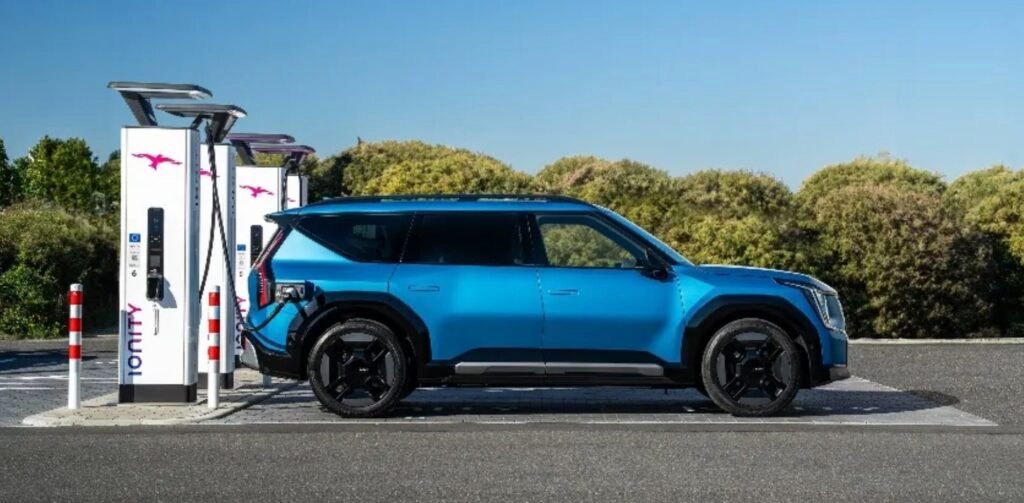
Growth of Destination Charging
Businesses will increasingly use free charging as a customer loyalty tool, offering added value to shoppers, diners, and travelers.
Integration with Renewable Energy
Future free charging may be powered by solar panels and wind energy, reducing costs for businesses and municipalities while supporting sustainability.
Expansion of Workplace Charging
More employers are likely to provide free or subsidized charging as a perk to employees, encouraging eco-friendly commuting.
Technology and Smart Management
With smart charging apps, drivers can locate free charging stations more easily. This trend will expand accessibility and reduce waiting times.
Potential Policy Incentives
Governments may expand free charging as part of carbon reduction targets, similar to subsidies on EV purchases. For more context on electric vehicles’ role in sustainability, see the overview of electric vehicles.
FAQ
Where can I usually find free charging stations?
You can often find free charging at supermarkets, shopping malls, hotels, universities, and public parking lots in certain cities.
Is free charging always available to all EV drivers?
Not always. Some locations restrict free charging to customers, hotel guests, or employees.
How fast is free charging compared to paid charging?
Most free chargers are Level 2, which can take several hours. Paid stations often include DC fast chargers, which are much faster.
Can I rely on free charging for long-distance travel?
Free charging is best for daily use, not for long trips. For road travel, combining free and paid charging is more practical.
Do apps help me find free charging stations?
Yes. Many apps, including PlugShare and ChargePoint, allow drivers to filter for free charging stations.
Conclusion
So, where can I charge my electric car for free? The answer depends on your location, but free charging is often available at retail stores, hotels, universities, and through municipal programs. While it comes with limitations like slower speeds and limited availability, free charging remains a valuable resource for EV drivers looking to save money and embrace green mobility.
As more businesses and governments adopt sustainability initiatives, the number of free EV charging stations is expected to grow. For now, EV drivers should combine free charging with reliable paid options to ensure smooth and efficient driving.






